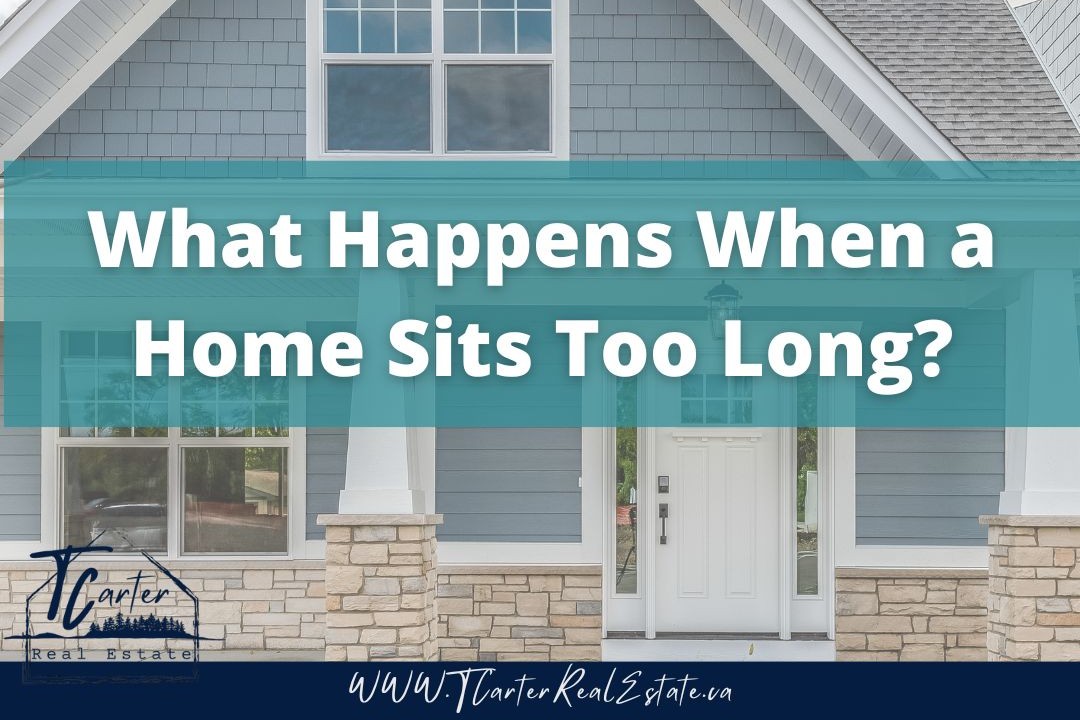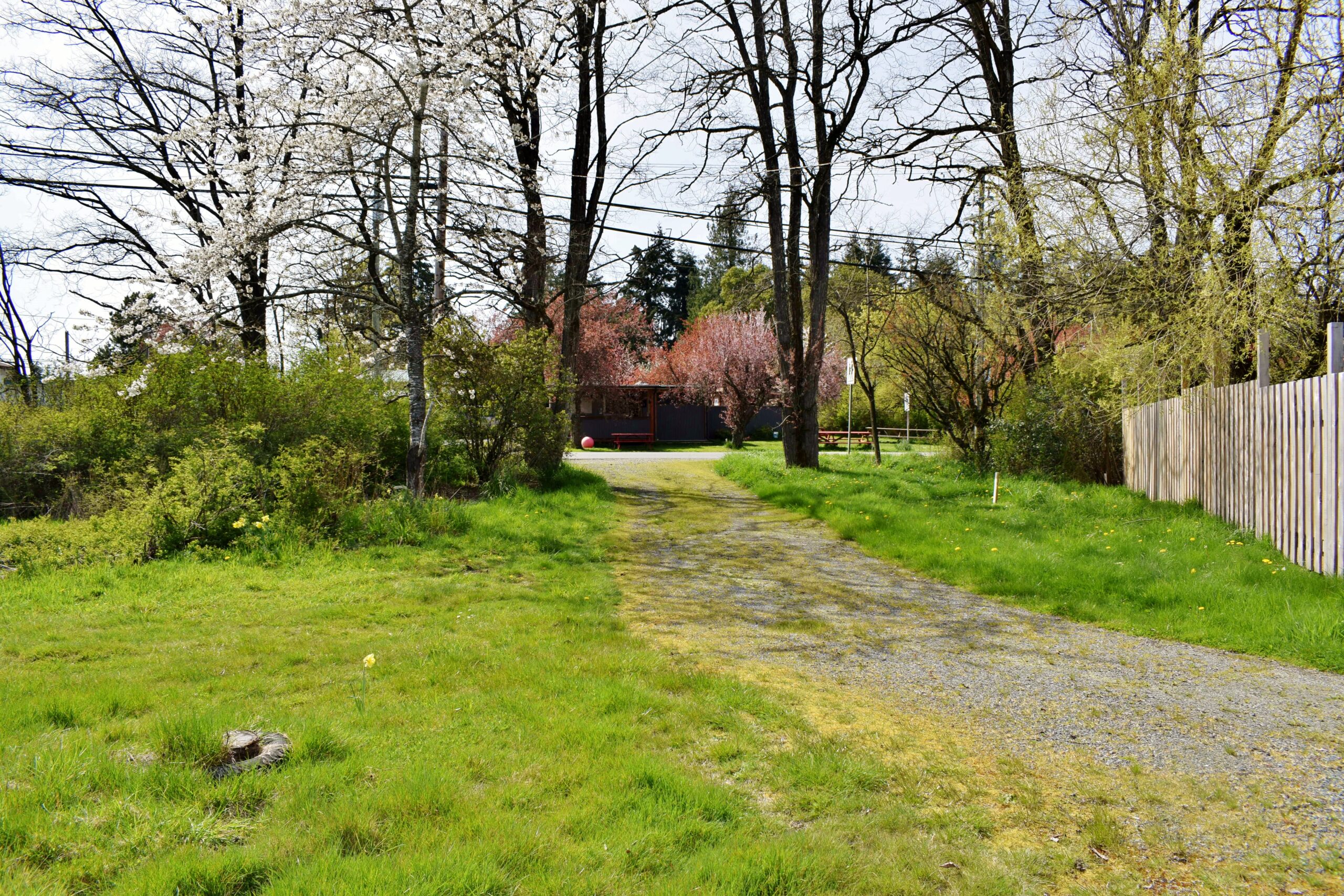When planning a relocation, one of the first things you’ll need to decide is where you want to live. This could be as broad as an area of town, or you might narrow it down to a specific neighbourhood. Depending on your priorities, you may want to start with communities that are close to work, friends, family and/or your preferred schools. If you commute, map out the route and check on the availability of public transportation, if you plan to use it. Then, if possible, try out the commute during rush hour to see what it’s like. Next, it’s crucial to consider housing prices and cost of living so you don’t set your sights on an area that you can’t realistically afford. Don’t forget to look up local crime statistics to ensure the community is safe. Finally, visit any neighborhoods you’re considering to gauge the vibe and observe characteristics, like pedestrian accessibility, retail offerings, and population density. Researching the ins and outs of various communities can be a time-consuming and sometimes difficult process, but we’re here to help! Give me a call to discuss your needs and aspirations, and I’d be happy to provide my recommendations of neighbourhoods that may be a good fit for you.
Once you’ve chosen an area to settle, the next decision you’ll need to make is whether you want to rent or buy a home. Renting can be a good option if you’re new to town, especially if you’re still saving up for a down payment or you’re not ready to commit to a permanent location. Benefits include flexibility, less maintenance, and lower upfront costs. But, if you want to avoid multiple moves—and you’re financially able—there’s no reason to delay the benefits of buying a home. Not only has homeownership been shown to increase your quality of life, but it’s also one of the best ways to protect and grow your wealth.4 The value of real estate will typically appreciate over time, and owners can build equity as they pay down their mortgage. Homeowners and buyers may also be able to benefit from certain tax incentives.5 But, perhaps most importantly, homeownership offers stability, as property owners aren’t subject to the mercy of their landlords each year. According to Rentals.ca, average asking rent prices in Canada rose nearly 30% between February 2021 and February 2024.6 In contrast, many homeowners enjoyed a fixed mortgage payment during that same period. If you decide to purchase a home and you choose me to represent you, you can rest easy knowing that I will be there for you throughout the entire journey, working hard to make the experience as easy as possible. Or, if you’re moving to a new area, I can refer you to a local agent in my network who shares my commitment to client service. For more information about buying a home and a timeline of the home buying process, reach out to request a free copy of my Home Buyer’s Guide.

3. SELL OR RENT OUT YOUR CURRENT HOME
If you already own a home, you’ll also need to start the process of either selling it or renting it out. I can help you evaluate your options based on current market conditions. In many cases, my clients choose to sell so that they can use the equity in their current home to make a down payment on their next one. But selling your home while simultaneously buying a new one can feel daunting to even the most seasoned homeowner. Here are some of the most frequent concerns I hear from clients and my tips for addressing them:
-
What will I do if I sell my house before I can buy a new one?
-
What if I get stuck with two mortgages at the same time?
-
What if I mess up my timing or burn out from all the stress?

6. GET SETTLED IN YOUR NEW SPACE
Studies show that moving can lead to feelings of loneliness and depression.7 However, there are ways to combat these negative effects. Here are a few strategies to help you and your family get settled in the new space. If you have children, start by unpacking their rooms first. Seeing familiar items will help ease their transition and establish a “safe zone” where they can hang out away from the chaos of moving day. If possible, let them have a say in how their room is decorated. Pets can also get overwhelmed by a new, unfamiliar space. Let them adjust to a single room first, which should include their favourite toys, treats, food and water bowl, and a litter box for cats. Once they seem comfortable, you can gradually introduce them to other rooms in the home. Don’t forget to take care of yourself, too. Try to schedule breaks to get out of the house and investigate your new area. If you travel by foot or bicycle, you’ll gain the mood-boosting advantages of fresh air and exercise. You can combat feelings of isolation by making an effort to meet people in your new community. Find a local interest group, take a class, join a place of worship, or volunteer for a cause. Don’t wait for friends to come knocking on your door. Instead, go out and find them. To that end, make an effort to introduce yourself to your new neighbours, invite them over for coffee or dinner, and offer assistance when they need it. Once you’ve developed friendships and a support system within your new neighbourhood, it will truly start to feel like home.
Give me a call or message me to schedule a free, no-obligation consultation!
The above references an opinion and is for informational purposes only. It is not intended to be financial, legal, or tax advice. Consult the appropriate professionals for advice regarding your individual needs.
Sources:
-
Canadian Association of Movers – https://www.mover.net/may-is-moving-month
-
United International Removals – https://www.unitedremovals.com/canada/best-time-to-move-to-canada/
-
Statistics Canada – https://www.statcan.gc.ca/o1/en/plus/3333-canadians-move
-
Canadian Association of Realtors – https://www.realtor.ca/blog/health-and-happiness-the-societal-benefits-of-homeownership/20531/1361
-
Rentals.ca – https://rentals.ca/national-rent-report








